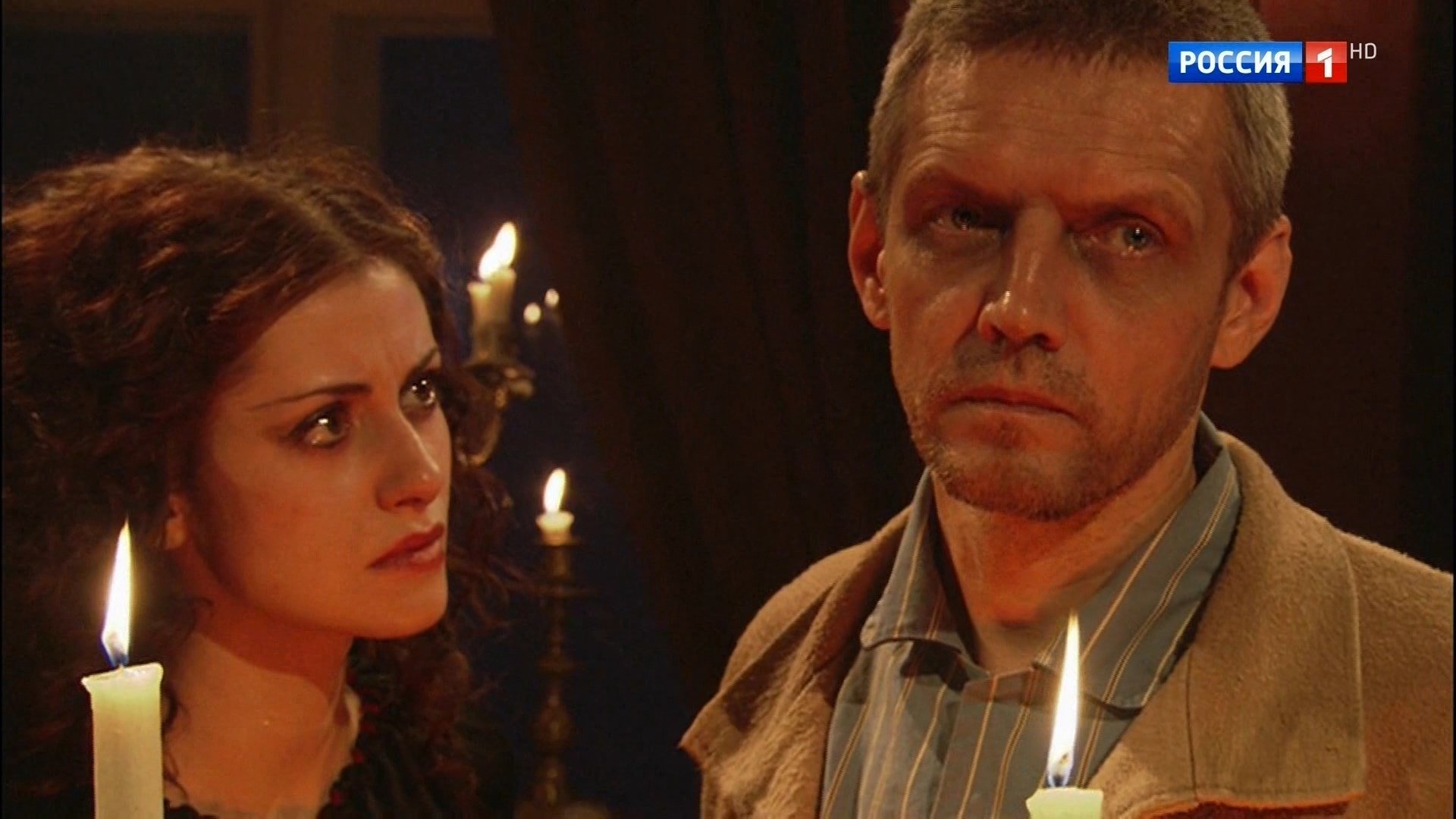

What Elena did do, however, was preserve and protect the manuscript as a surviving brainchild of her husband-author’s legacy, and in 1963 she painstakingly edited and retyped a new version of it, an act of devotion and perseverance that ranks her among history’s great spouses of genius.ĭuring the years between its completion and its publication, the existence of The Master and Margarita became something of an open secret among Russian literary circles. Even a direct letter to Stalin, who’d admired Bulgakov’s writing talents, accomplished little toward moving matters along. The state is never at any point in the book positioned as the higher power-a major threat to the supremacist government agenda-and so Elena found herself unable to fulfill her vow to publish the book in a timely manner.

What The Master and Margarita dares to present is a 1930s Moscow subjected to both paranormal mischief and an overarching Christian-biblical presence, helpless to stop or ignore either. One of the Soviet Union’s main principles was staunch secularity citizens were expected to be loyal to their communist superpower country first and their faith second, if they believed in the institution of religion at all. What made the novel so unacceptable to Soviet censors was not only its depiction of unregulated female power and sexuality, but its portrayal of a USSR that existed parallel to the celestial realms of the afterlife. But two decades is still a long time for a novel to remain in hiding, like a criminal evading the law. It would take twenty years for the book to be published. 50–100 years will have to pass.”Īs Curtis points out, Popov’s prediction was around thirty years off the mark. “The less people know about the novel the better,” wrote Popov to Elena, “The masterfulness of a genius will always remain masterfulness, but at the moment the novel would be unacceptable. Curtis’s reader’s companion to the novel: She was a human woman, and she was given very human, cautionary advice by Bulgakov’s close friend Pavel Popov, as recorded in J. But unfortunately, unlike the fictitious Margarita, Elena didn’t have access to a sympathetic circle of demons who could offer her the power to reawaken her lover’s lost dream. Bulgakov’s third wife, Elena, who was his inspiration for the avenging character of Margarita, swore at the suffering Bulgakov’s bedside-he passed away on March 10, 1940, at the age of 48-that she would make his magnum opus her life’s mission she would prevail against suppression. Following a morbid and natural cycle of life, its birth began on a deathbed. The initial journey of The Master and Margarita to publication is somewhat cryptic. “The less people know about the novel the better,” wrote Popov to Elena.


 0 kommentar(er)
0 kommentar(er)
